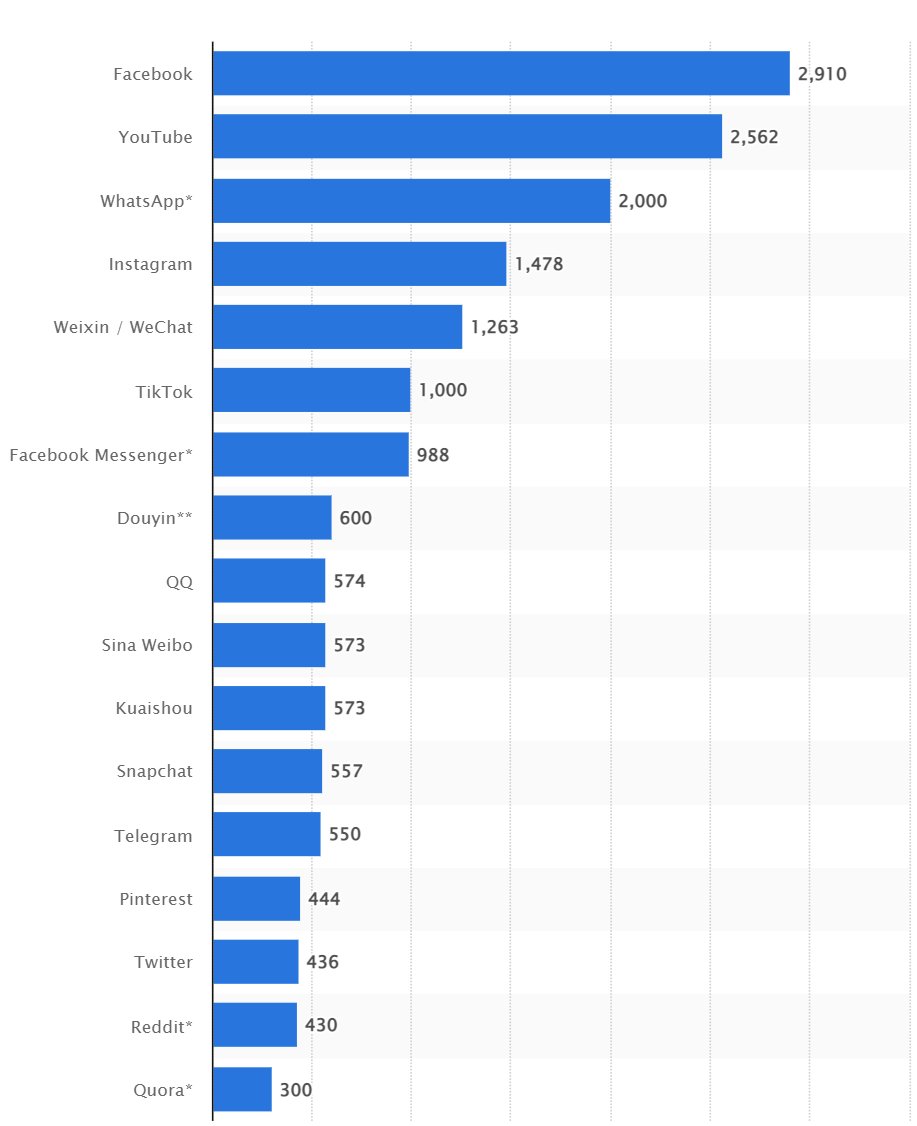
I don't know why everyone wants me to comment on the nuclear fusion news. It's all well and fine and a great experimental achievement and all, but as I've said before, that's energy in and out of the reaction, not the entire system. Great science, but far from application.
I watched the press announcement and I thought it was really well done. They were very clear on this point and they also stressed that commercialization is likely decades away, which is also my current estimate.
For context, the relevant numbers are 2.05 MJ (that's megajoule, a unit of energy) in to the pellet, 3.15 MJ out, so a gain of 1.53. That's a record and what the headlines are about. Numbers are here: llnl.gov/news/national-…
Total energy needed to pump the laser (according to what they said in the press announcement), about 300 MJ, so that's a total gain of about 1/100.
There's a long discussion to be had whether the way they calculate the gain makes sense, but I don't work in the field and details elude me. By and large I think it makes sense.
Two more relevant questions are (a) is this is a one-shot miracle or will they be able to reliably reproduce it? and (b) given how energetically wasteful inertial confinement is compared to magnetic confinement, will magnetic confinement come out ahead after all?
To wrap up, let me just say I think it's good we have different approaches to nuclear fusion, and it's an achievement that deserves the headlines, so long as one keeps in mind the technology isn't anywhere near putting power into to grid. /end
• • •
Missing some Tweet in this thread? You can try to
force a refresh








